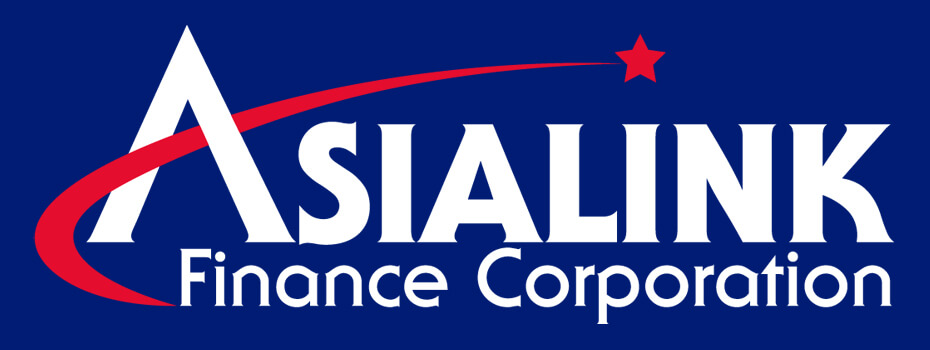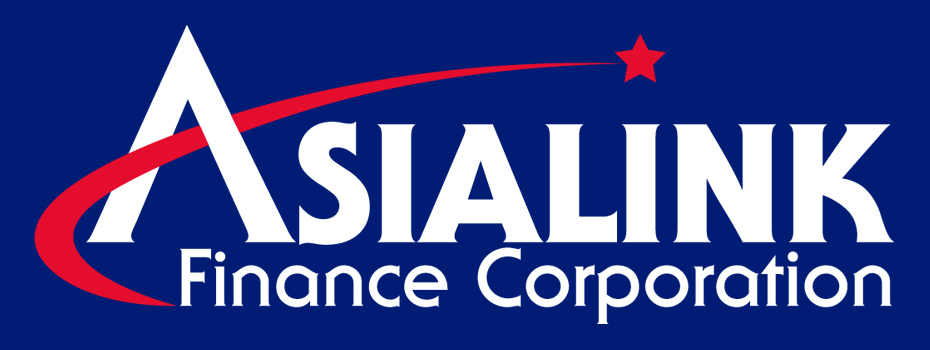Loans generally have two types: secured and unsecured, depending on whether the lender requires collateral for the loan.
Collaterals minimize the risk of a borrower defaulting and failing to repay their debt. That means you must pledge assets like property or cash as security when taking out a secured business loan. If you default, the lender may sell or liquidate your asset as repayment.
The advantage of this type of loan is its accessibility. Since collateral already secures the lender’s money, there’s less risk on their part. In turn, they offer low-interest rates and accommodate borrowers with poor credit scores. Indeed, collateral loans help you get the best deal for your needs.
You might ask: what are the possible collaterals of a loan? This article will answer that question.
6 Types of Loan Collaterals
There are various collateral types for loans, each with pros and cons.
1. Real estate
One of the most common loan securities is real estate. It’s a valuable asset that retains its value over time, so lenders generally prefer houses, buildings, and land as collateral. Getting loan approval is significantly easier if you’re a home or landowner since house prices in the Philippines have experienced a healthy 3.9% year-over-year average growth in the past eight years. However, using real estate as collateral can be risky, too. Since real estate typically has a high value, defaulting will severely impact your finances—not to mention the possibility of losing your home. As such, being a responsible borrower is critical to securing a loan and keeping your property safe from repossession.

2. Vehicles
Cars, trucks, motorcycles, and other vehicles are common loan securities. While they’re not as valuable as real estate, vehicle prices may still be enough to qualify you for small personal loans. Most loan applications with vehicle collaterals have a quick application process since lenders typically only require an official receipt, certificate of registration, pay slips, and other accessible documents.
Lenders vary depending on whether they accept vehicles as loan security. Fortunately, Asialink Finance Corporation takes cars and trucks as security for collateral loans, which other institutions don’t. Plus, while some lenders let you keep the vehicle, others prefer to take it and keep it in storage, which can be detrimental if you rely on your vehicle for income.
3. Personal property
Valuable personal properties, like jewelry, artwork, and collectibles, may qualify as collateral. While it’s more prevalent among pawnshops, some banks also accept such items as loan security. Loan amounts vary depending on the object’s appraised value, but jewelry is valuable enough to qualify you for small personal and business loans.
However, some banks aren’t interested in giving out small loans, so you may need a considerably valuable property to secure one. Meanwhile, pawnshops might prefer that you default on repayment so they can sell your property for significantly more than the amount they lent. As such, it can be risky to pledge personal property as collateral, especially heirloom or other sentimental pieces.
4. Cash savings
Cash and certificates of deposit (CD) are preferred types of collateral since lenders can quickly get their money back if you fail to repay. A CD is a type of savings account whereby the depositor agrees to keep their money untouched in the account for a set period of time. As a result, CDs have higher interest rates than traditional savings accounts.
While cash has lower interest rates, the drawback is you’ll get the same, if not lesser, amount than you’ve given as security, so using your savings as collateral might not be practical. Take secured credit cards, for example. It’s a revolving credit secured by a cash deposit, with a limit of less than 100% of the deposit amount. Nonetheless, it’s an excellent way to boost your credit score, especially if your goal is to increase it.

5. Business assets
Valuable equipment and tools from your business can be collateral, including machines, trucks, computers, inventory, accounts receivables, and other assets. Depending on your industry, it could be low-risk and is generally safer than real estate and property loan securities.
However, these assets undergo wear and tear and lose value over time. Lenders typically offer a loan amount significantly less than the assets’ initial value to account for depreciation. As a result, it might be more challenging to get a sizeable loan.
6. Stocks and bonds
You could also use securities, particularly stocks and bonds, as collateral for your loans. This approach is securities-based lending, a service typically available in large banks, brokerages, and other large-scale financial institutions.
It uses a securities-based line of credit (SBLOC), letting investors take out loans and make interest-only payments as long as the investment’s value doesn’t decrease. Thus, it’s low-cost and provides quick cash, so you could use these loans to purchase luxury goods, fund business expansions, and other immediate expenses.
The disadvantage is that your collateral is constantly in a high-risk environment. Interest rate fluctuations influence the value of stocks and bonds, and high rates lower the value of your investments. If you default, the lender may liquidate your securities for repayment, even without notification.
Secure Your Money with Collateral Loans
Loans are inherently risky. Even the most responsible borrower may fail to repay their debt. In this case, collaterals assure lenders that their money will return even if things go south.
That said, loan security also has added benefits for borrowers. Since it ensures repayment, you don’t need a high credit score to take out a loan. You also enjoy lower interest rates, given the loan’s reduced risk. As long as you’re a responsible borrower, collateral loans can be a valuable tool for finance management.
If you need a collateral loan, check out Asialink, the best place for online loans with low-interest rates. As a leading financing company in the Philippines, we offer convenient and accessible loans to help you reach your financial goals.
Contact us to learn more!






